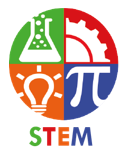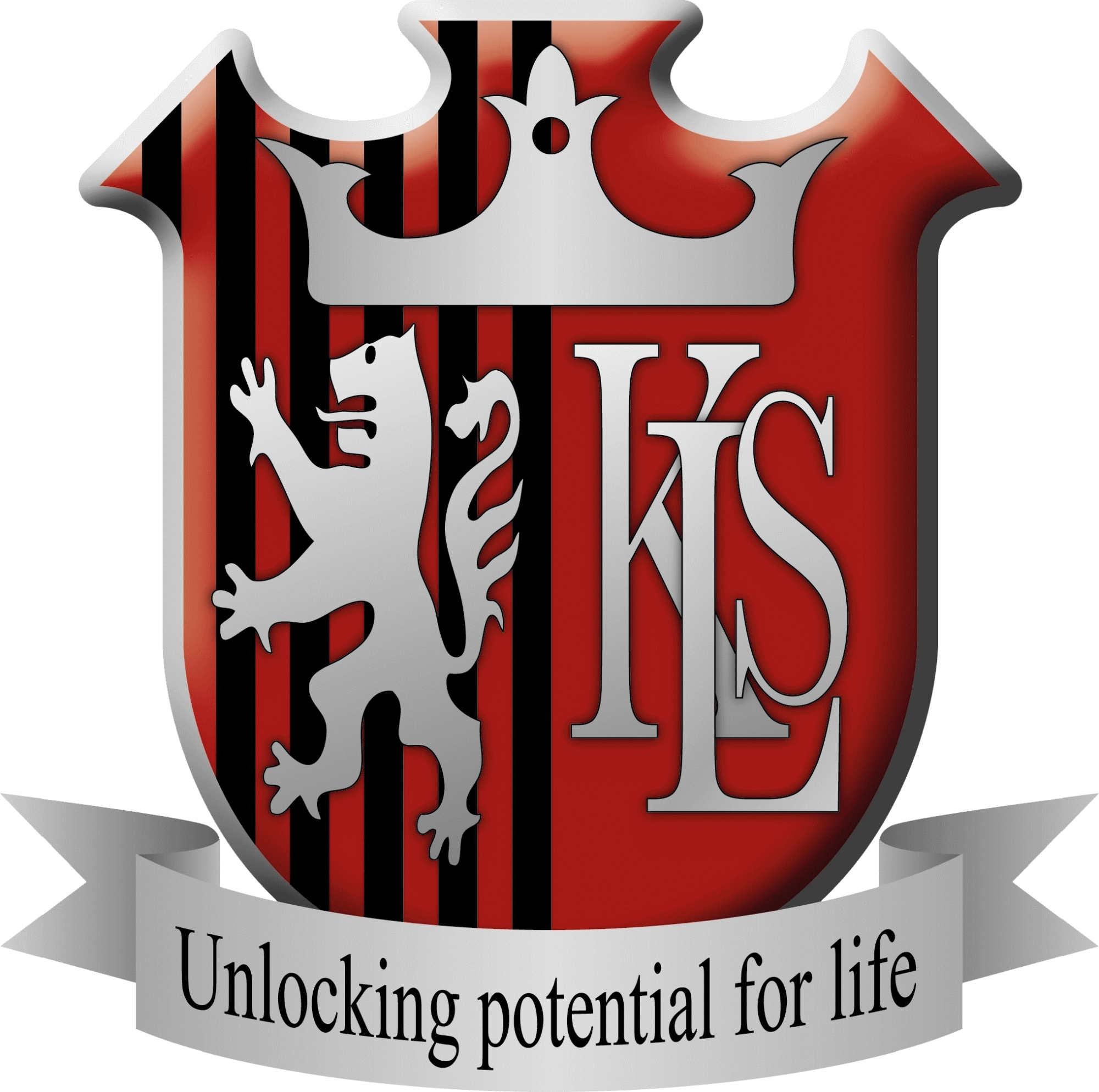STEM
“Imagination is more important than knowledge. For knowledge is limited to all we now know and understand, while imagination embraces the entire world, and all there ever will be to know and understand.”
Albert Einstein

STEM (Science, Technology, Engineering and Maths) curriculum at Kings Langley School:
The aims of STEM at KLS are to:
- Stimulate interest and enthusiasm for STEM subjects as STEM pervades every aspect of our lives.
- Encourage students to make the links between STEM subjects and the STEM links in non-STEM subjects and use the transferable skills into their other subjects to aid their learning.
- Encourage all students to value the importance of learning in STEM education as it creates critical thinkers and enables the next generation of innovators.
- Every student to achieve their full potential.
- Developing confidence and the strength of character to enable them to share their experience of STEM with others.
- Encourage students to have fun experimenting and enjoy learning through their mistakes and journey.
- To increase the take up of STEM A level subjects.
Our curriculum is a well-balanced curriculum which includes aspects of STEM.
- At Key stage 3, all students study Science, Technology and Maths.
- Key stage 4: All students study Maths and a minimum of double science. They can select triple science as part of their options process. This is strongly encouraged for any students considering A levels sciences. We offer Technology - Food or DT (Textiles, Graphics and Resistant Materials combined course). This is in a specific block with limited other subjects, to encourage good take up.
- Key stage 5: Students can take A level options in Science (Biology, Chemistry and Physics), Technology (Product Design or Fashion and Textiles), Maths and Further Maths.
The delivery and influence of STEM is both from inside the classroom, and includes activities beyond, such as:
- Appointment of student STEM ambassadors.
- A published STEM stimulator magazine termly.
- The inclusion of a STEM weekly challenge in our school bulletin.
- STEM KLS competitions such as the STEM Rotary Young Chef of the Year
- Calendared STEM fortnights one per term with different foci. These co-inside with STEM assemblies, fund raising, STEM summer fair, linking to the BIG Bang competition.
- Termly STEM clubs as part of our extra-curricular offers (For more details, see our extra curriculum website page)
- We link careers to STEM through use of visiting speakers, promotion of careers in the library and visual displays.
- We encourage students to engage with STEM trips to places such as Shell or to the Make the Future Event and The Big Bang.
- We work with the STEM industry to deliver linked activities and competitions. Some of which include: MBDA - Affinity water project; AV Craft Reconnaissance Challenges; Imagination technology activities; Lego robot activities; EDT digital explorers and industrial cadets.
School events include:
- STEM fortnight - October – STEM in subjects
- STEM fortnight - March – STEM in action (linked to fund raising)
- STEM fortnight - July – STEM fair, an evening events for students, family and friends to try out STEM related activities and opportunities for students to enter a variety of competitions which have relied on them working independently beforehand against criteria.
- Rotary Young Chef of the year competition year 10 - November
- Junior Maths Challenge (Years 7 and 8 top sets) - June
- Intermediate Maths Challenge (Years 9, 10, 11 top sets) - February
- Senior Maths Challenge (Sixth form) - November
We want to enable students to understand and benefit from the advantages of following into a STEM profession, where suitable, because:
- There is a wide range of opportunities at different levels and are valuable for both STEM and non-STEM jobs.
- It can help to address key global challenges such as climate change.
- They will be valued by employers – 40% of businesses prefer STEM degrees when recruiting graduates.
- There are multiple STEM courses and careers are open to all and can help raise aspirations.
- STEM helps develops enterprise and employability skills – analytical capabilities, problem solving and creativity.
- Many STEM jobs need creativity and design skills in combination with mathematical and scientific abilities.
- Good salaries are available and locations for work are really varied, often not just a desk or a laboratory.
- STEM occupations are growing at 17%, while other occupations are growing at 9.8%.
- STEM degree holders have a higher income even in non-STEM careers.
- STEM workers play a key role in the sustained growth and stability of the economy.
- There is currently a STEM shortage in the workforce globally.
Staff:
Miss C Scanlan - Learning Area Leader for Technology
Mrs J Wright - Information Advice and Guidance Administrator
Mrs R Jennings - SLT STEM lead
In addition to these key staff, each subject has a STEM representative to liaise with this team.
For further information about STEM please contact: - Miss Carmela Scanlan STEM Coordinator and Learning Area Leader for Design and Technology. Email: scanlanc@kls.herts.sch.uk
Useful Website Links:
Reading:
The link below gives several suggestions for useful books to read.
Places to Visit:
To further your knowledge please click on the link below.
For further information about STEM please contact: - Miss Carmela Scanlan STEM Coordinator and Learning Area Leader for Design and Technology. Email: scanlanc@kls.herts.sch.uk

